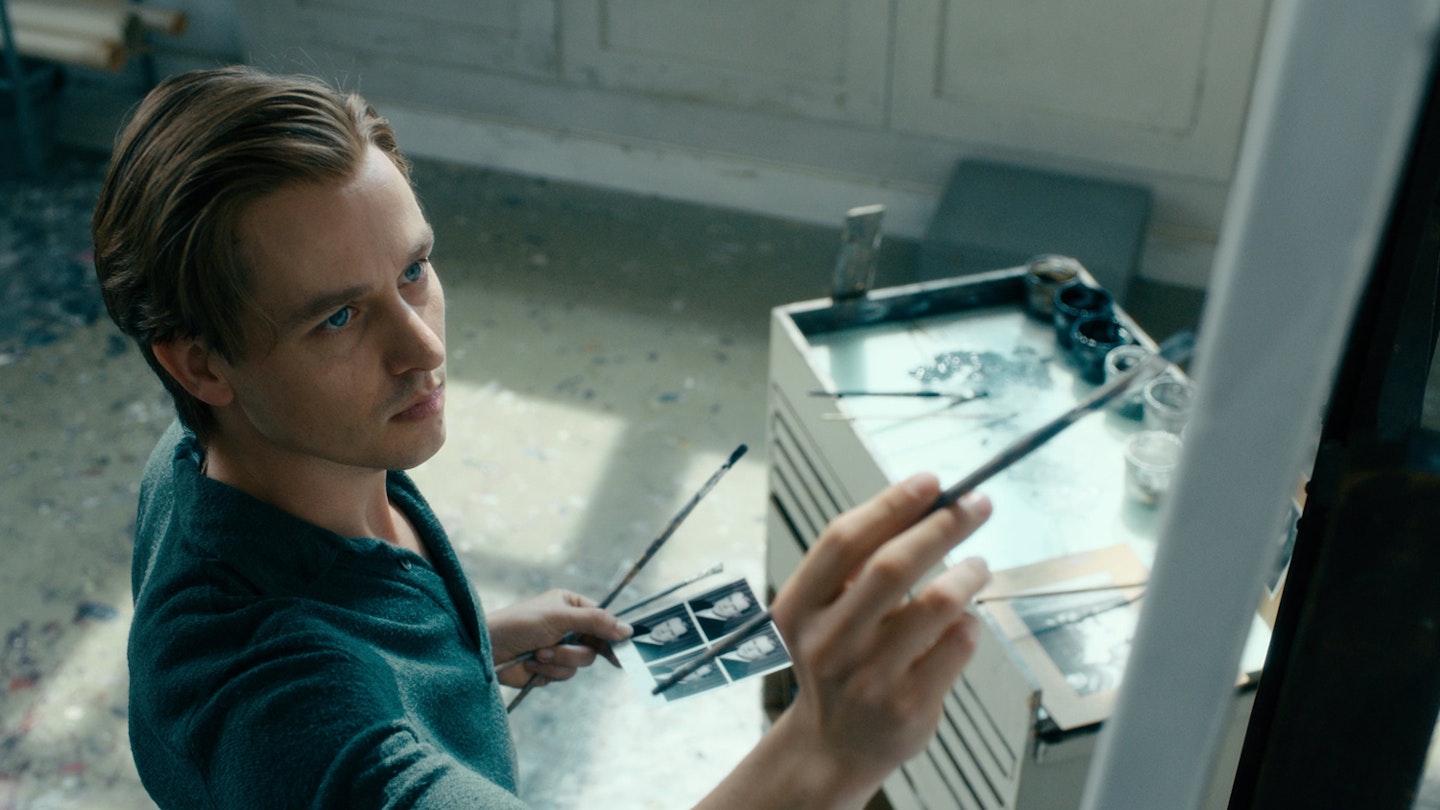It’s been 12 years since Florian Henckel von Donnersmarck’s The Lives Of Others won the Best Foreign Language Film at the Oscars. After a best-forgotten dalliance with Hollywood with Johnny Depp-Angelina Jolie misfire The Tourist, he is back with Never Look Away, a sprawling, three-decade, three-hour epic overview of modern German artistic history fictionalised from the life of photorealistic painter Gerhard Richter. It’s well played and intermittently engaging but never finds the vice-like grip of Henckel von Donnersmarck’s calling card.
With Richter fictionalised here as Kurt Barnert (Tom Schilling, who could play a young Christopher Nolan), Never Look Away charts a young artist’s journey through East and West German art movements, tormented by his experiences growing up during the Nazi era, chiefly the state ordered murder of his schizophrenic guardian. After the war ends, Barnett works as a sign painter before enrolling in the Dresden Art School and gets caught up in the communist ethos of art that is just as strictly dogmatic as the Nazis. Kurt picks up with fashion student Ellie (Paula Beer) who has a sinister connection to the Kurt’s past. The pair marry and Kurt gets accepted into the progressive Dusseldorf Art Academy. It’s in these art school sequences the film hits its stride, having fun at the expense of the avant-garde’s pompous pretension while also strong on capturing the skill, effort, and minutiae of artistic creation.
Shot by legendary cinematographer Caleb Deschanel, Never Look Away is ravishing to look at (all elegant framing and honeyed tones) and listen to (scored with warmth and sensitivity by Max Richter). Yet the impressive style is at odds with the artistic tumult it is portraying, and the film has little to actually say about the confusion in post-war German art. Elsewhere the drama feels melodramatic in stretches involving Kurt and Ellie’s relationship and doesn’t really find complexity and nuance in Kurt’s psychological state, despite the presence of the charismatic Schilling.
